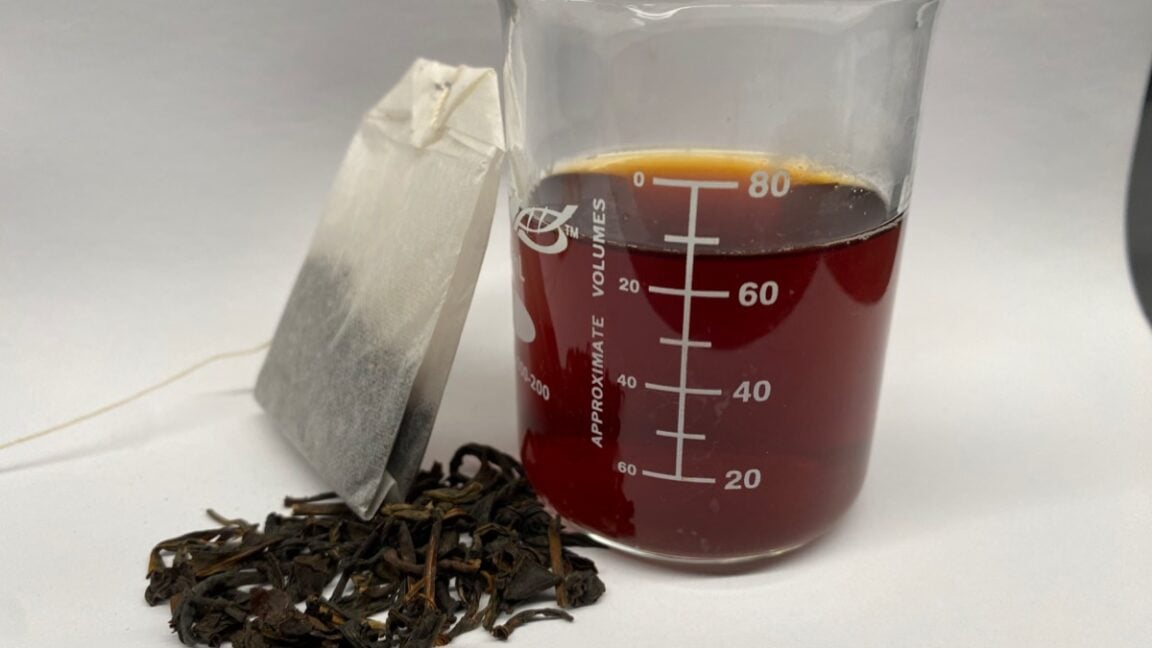- cross-posted to:
- health
- [email protected]
- cross-posted to:
- health
- [email protected]
Most nutrition studies focus on things like polyphenols, caffeine, or other chemicals released during brewing, but such research overlooks a unique aspect of tea: unlike most food and drink, tea leaves are not directly consumed, and the brewing process allows tea leaves to adsorb chemicals as well as release them—most notably heavy metal toxins like lead, arsenic, or cadmium. (Adsorption is when a substance adheres to the surface of something; absorption is when a material takes in a substance.)
Well, maybe I’ll start drinking tea.



Didn’t i just read an article on teabags leeching microplastics?
From the article (emphasis mine):
There is such thing as loose leaf tea where you don’t use tea bags when brewing.
After a bit further reading of the article it looks like they also found that certain types of tea bags helped.
Specific type of tea bag that’s made out of plastic most of the ones you find are not of the same material. It’s the plastic tea bags that are causing it.
Even cellulose and paper bags were tested and had plastics in the glues and binders in the material. Unfortunately you need to look for manufacturers that explicitly say they’re plastic-free or buy loose leaf. I have a bunch of bagged tea I bought before I knew, and I’ve been ripping open the bags and dumping the tea in my infuser.